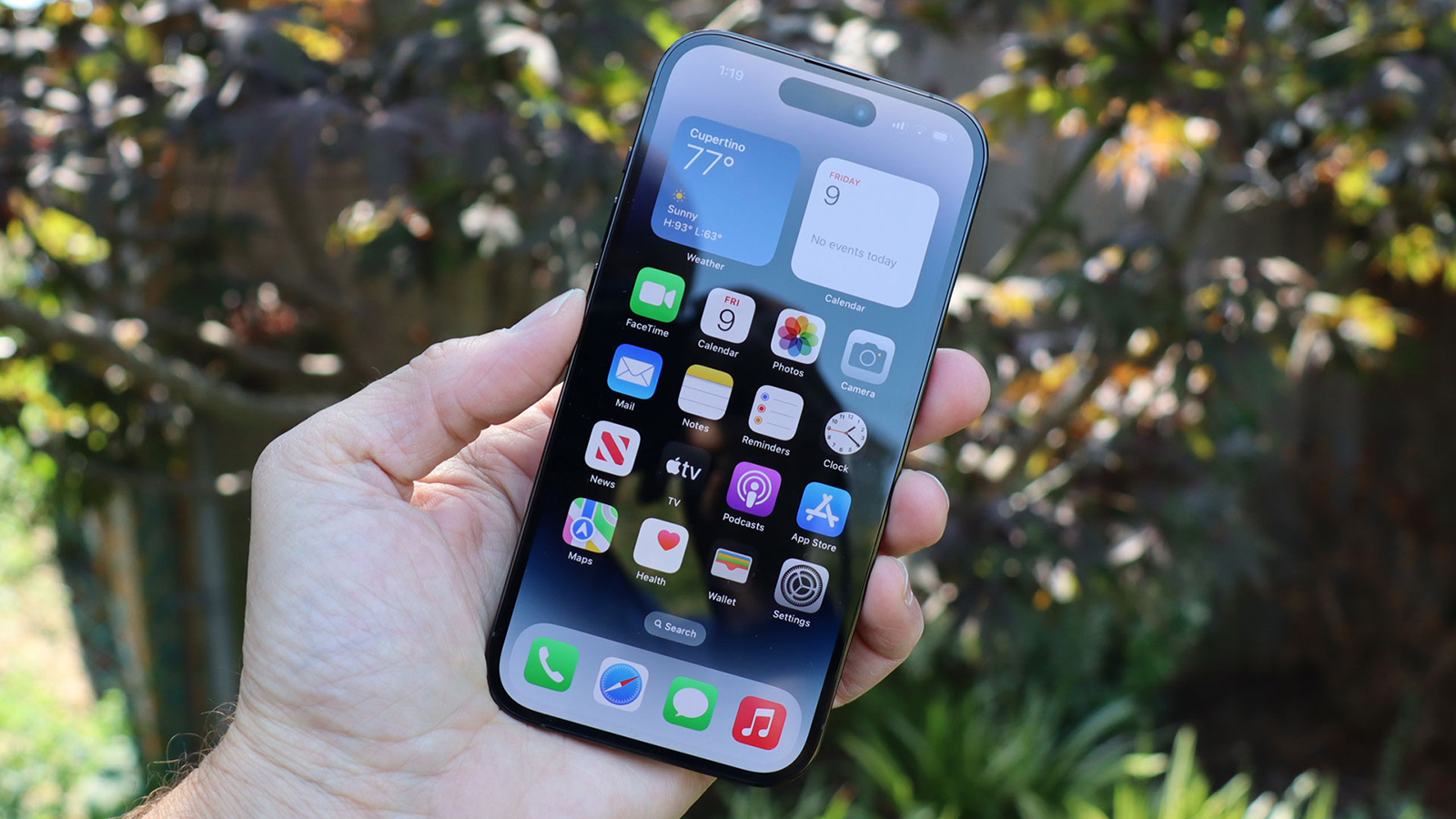The EU wants your smartphone to last even longer
Right-to-repair legislation continues to progress

The EU has announced the adoption of new regulations that would make the right to repair stronger within the bloc. Companies will be required to allow consumers to repair their devices while they’re still under legal warranty and provide tools to make it easier for customers to repair devices after the warranty has expired. The new rules stipulate that this post-purchase repair guarantee should be valid for up to 10 years after purchase – if repair is possible, naturally.
Phones and tablets aren't yet covered by the new regulations, but the EU says they will be soon. Manufacturers will also be required to let a customer know whether or not their device can be repaired, along with the creation of a new matchmaking platform that connects customers with local repair agents in their area. Finally, a European quality standard will be introduced, enabling customers to identify which agents commit to high-quality standards.
“We want to help consumers to repair their products if they wish to do so,” Věra Jourová, Vice-President for Values and Transparency said in a press release “We give them tools to make better informed and comparable choice. We want to incentivize producers, so they make repair possible, rather than engage in a never-ending race of buying new products that we, consumers, don’t need.”
Long live your iPhone

Over the past few years, smartphones have become much harder for users to repair themselves, or have them repaired by a third-party agent. It’s not a bad thing for most people; we’ve gotten increasingly thinner and lighter devices, due to more efficient device internals and material choices among the best phones out there.
We also enjoy welcome features like waterproofing, accomplished by reducing as many removable parts as possible. However, foldables, even the best foldable phones, are still relatively fragile devices, compared to conventional phones.
As a result of rules introduced by the EU and other countries, companies like Apple, Samsung, and Google, have made their phones more user repairable under new policies. This new proposal will further those repairability ambitions, though it doesn't yet include smartphones and tablets. Out of the gate, household appliances like vacuum cleaners and washing machines are covered, though the EU assures that smartphones and tablets will be subject to the regulations "soon."
“The new legislative proposal is a positive first step in changing people’s relationships with their technology long-term,” Tom Williams, co-founder of tech recirculation specialist company, Spring told TechRadar in an emailed comment. “However, placing the practical and financial responsibility entirely on consumers to refurbish and keep their devices is both unfair and unrealistic in achieving the end goal of the EU becoming climate neutral by 2050,
Sign up for breaking news, reviews, opinion, top tech deals, and more.
“As the demand for upgraded tech isn’t likely to reduce, a circular economy where people can sell their tech for it to be refurbished and re-sold to a new customer to extend its life is needed. This extends the product lifecycle while also providing a financially viable option by recouping some of the original cost which is paramount to changing people’s linear relationship with technology.”
Vested interests aside, whether it comes to refurbished phones or more easily repairable ones, there are now a lot of options available to keep tech lasting longer, whether in your hands or in someone else’s.

A UK-based tech journalist for TechRadar, helping keep track and make sense of the fast-paced world of tech with a primary focus on mobile phones, tablets, and wearables.
When not writing on TechRadar, I can often be found reading fiction, writing for fun, or working out.